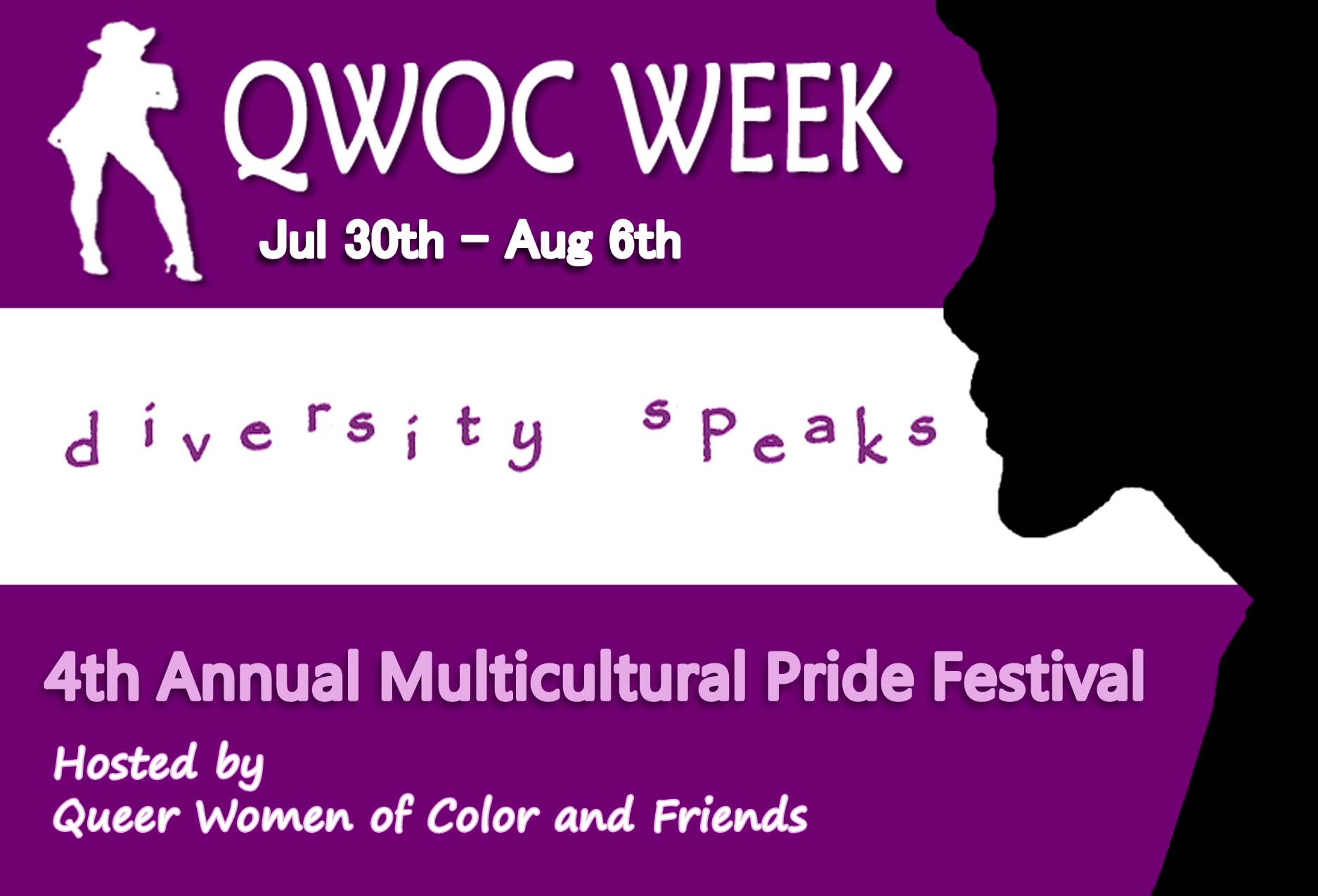Hey Everyone, I’ve been MIA because I’ve been buried neck-deep in QWOC Week 2011 planning. If you live in Boston (or near enough) and support my work then please forward on the information below to the appropriate outlets. It’s been five years since I started organizing around women’s and LGBT…
-
-
Afrofeminism - Blog - Community Organizing - Gender and LGBT Issues - QWOC+ Boston - Race, Culture, Ethnicity
Queer Women of Color Still Face Racism During Pride, Among Other Things
Activism, for so many of queer women of color, is a constant negotiation of which ism to address. We don’t have the luxury of snubbing everyone that offends us, or we would have no where to go. We can't -- and shouldn't have to -- fight everyone. As a direct…
-
We Will Not Be Unwritten: Preserving Queer Women of Color History
A few weeks ago, the Fenway Women’s Health Team posted a blog on Bay Windows about their upcoming 2nd annual women’s health fair. QWOC+ Boston had organized and tabled at this event for the past three years. Yet, written in an authoritative third person omniscient voice was the line, “Thanks to the…
-
This Is What a Lesbian Looks Like: My CURVE Magazine Debut
I was recently interviewed for Curve Magazine's "This Is What A Lesbian Looks Like" monthly feature. It's taken so long to feel whole and integrated as a trans-national, multi- cultured and layered individual; Nigerian, African, queer, afrofeminist, nerdy etc. It feels awesome in so many ways, and yet, so surreal.…
-
New Narratives, New Voices: Why I Hate the Word Diversity
But in my fight for "diversity", I've often found myself pigeon-holed into choosing on one fight -- the "people of color" fight -- over others (sexism, immigration etc), and losing critical ground on those other fronts as a result.
Online rulet oyunları gerçek zamanlı oynanır ve online slot casino bu deneyimi canlı yayınlarla destekler.
İnternet üzerinden eğlence bahsegel giriş arayanlar için deneyimi vazgeçilmezdir.
Kullanıcıların hesaplarına hızlı ve sorunsuz bettilt ulaşabilmesi için adresi her zaman güncel tutuluyor.

